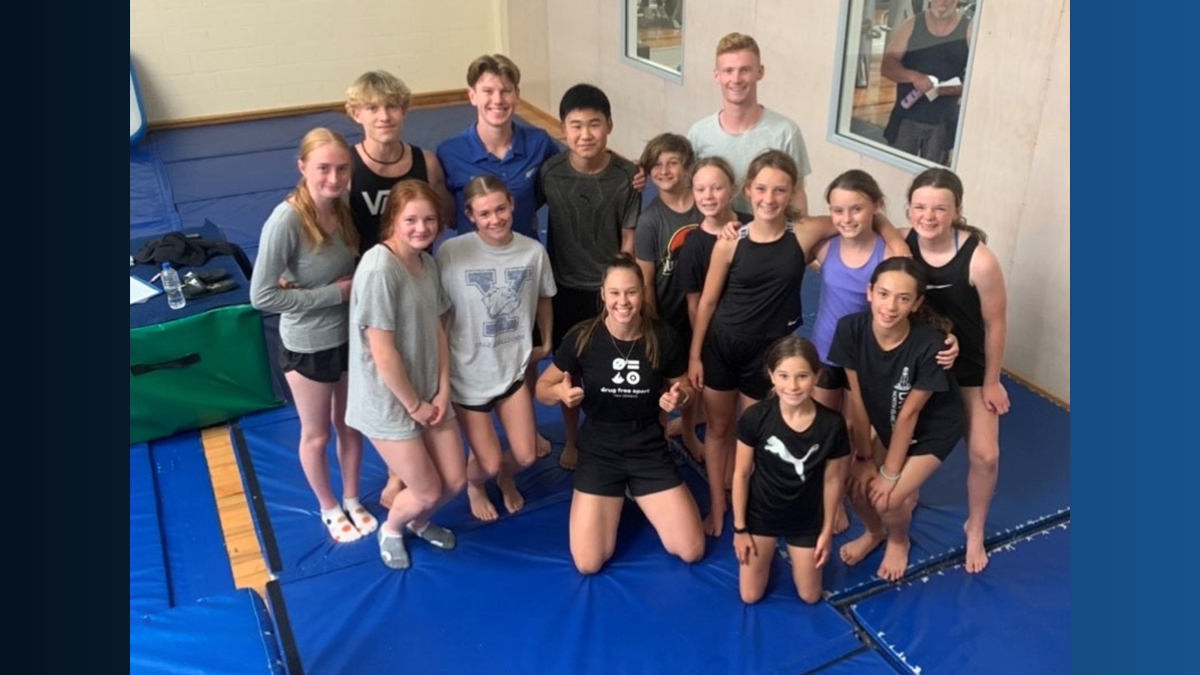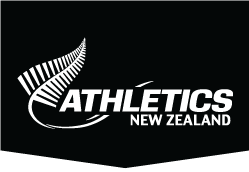News & Updates
Olivia’s passion for Drug Free Sport NZ role

World Indoor pole vault sixth-place finisher Olivia McTaggart has for the past year worked as an athlete educator with Drug Free Sport New Zealand (DFSNZ). Here we find out more from Olivia about the role, the importance of up-to-date anti-doping information and the benefits of serving in the position.
How did you got involved in becoming an athlete educator for DFSNZ?
I had spoken with a couple of athlete educators, and it seemed like a role that could push me in another space outside of training by allowing me to pass on knowledge to other athletes. So when Drug Free Sport New Zealand were looking for someone in Auckland to fulfil the role, I jumped at the chance. After the job interview it became clear it was an opportunity to get a greater understanding of athletes from other sports other than athletics and reach an audience that I could relate to.
Why do have such passion for educating people about anti-doping?
Anti-doping is a subject that is continuously being revised for athletes in New Zealand. Yet it is so important for athletes to understand just what they are putting in their bodies in order to maintain being a clean athlete and making sure each athlete is competing with integrity on a fair playing field. Since I came on board you realise how many more things you need to be aware of how and I always make sure I actively carry out good practises. It is exciting to be able to share that knowledge and raise awareness to groups that I see competing for our country.
What is the format of the athlete educator sessions?
We mainly do it in teams or in groups and workshops or presentations last between 45 minutes to an hour. Within that time we talk about a range of topics including drug testing practises and procedures, clean sport practises and even the mana of the clean athlete. I’ve advised kids from the age of 16 through to elite athlete and worked with the Mystics and the Black Ferns. The variety really keeps the job interesting.
On average I would probably do four sessions a month, although it does vary. DFSNZ are also understanding of an athletes’ needs and requirements, so the role works very well around my training demands. I don’t think there is a better job for an athlete, and it is a role paid on an hourly basis.
Why do you feel the role is so important?
We try not to scare our athletes too much but there is a big threat to clean athletes through taking supplements or not checking their medications. We try to steer athletes towards a food first approach, so the trust is on themselves and they know exactly what’s going into their bodies. I think it is also really important, particularly as a young athlete, to know about the doping control process. When I underwent my first drug test I had not been educated so to have an understanding of the process as an athlete in your teens or even early 20s is going to make a big difference.
I think NZ has one of the best anti-doping cultures/education in the world and we get very few positive drug tests on the world stage, but being better educated helps further reduce the likelihood of a positive test.
What are some interesting recent findings on anti-doping?
Whenever something goes on the prohibited list, we, as the educators, get notice about it and we learn why it is prohibited. For me, it has also been interesting to learn about what the whole team do at Drug Free Sport NZ. There is an investigation team which encourage people to speak out against potential dopers. DFSNZ place athlete welfare as an important aspect and if an athlete tested positive in a drug test, they are given the support that is needed and not just kicked to the kerb. All current Anti-Doping Rule Violations are on our website.
What is the best part of the role?
The thing I enjoy most is the face-to-face workshops which gives me the chance to interact with the athletes not only during the presentation but also afterwards. As athlete educator this gives us the chance to get a good understanding of the athletes in a range of different sports. As well as knowing how much of a difference education could have on an athletes’ career. I really love working in that youth development space.
Why would you encourage other athletes to take on the role as athlete educator?
I would encourage it because it pushes you out of your comfort zone and helps you learn more about yourself and other athletes. You gain a greater understanding of other sports, the anti-doping culture and how better to be a role model to those around you. I also enjoy the fact it helps you become a more proficient and confident public speaker.
To find out more about being an Athlete Educator or more about anti-doping go to drugfreesport.org.nz
